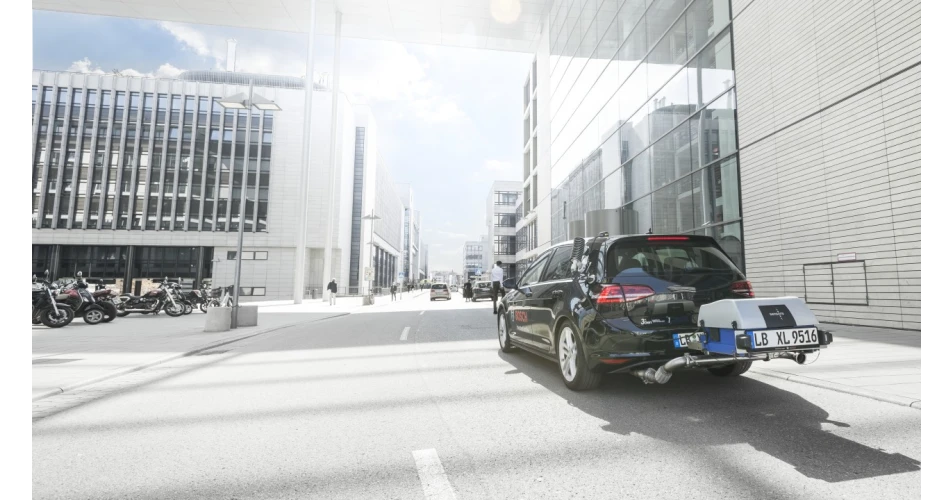Engineers at Bosch have made what they say is a decisive breakthrough in diesel technology, after they were able to make a Golf-class compact car equipped with Bosch diesel technology achieve average NOx readings as low as 13 milligrams per kilometre in RDE cycles. That is approximately one-tenth of the prescribed limit that will apply after 2020 and means that diesel can retain a place on the roads in the future.
The Bosch engineers achieved these results simply by refining existing technologies meaning no need for any additional components that would increase cost. Bosch CEO Dr. Volkmar Denner commented, "We are pushing the boundaries of what is technically feasible. Equipped with the latest Bosch technology, diesel vehicles will be classed as low-emission vehicles and yet remain affordable.”
This new Bosch diesel technology provides a solution to NOx problems by actively regulating the exhaust-gas temperature, thereby ensuring that the exhaust system stays hot enough to function within a stable temperature range and that emissions remain at a low level. Elements of the technology are already being incorporated into vehicle production and Bosch believe that the technology used on the test vehicles can be fully replicated in production cars in two to three years. Bosch says the systems will make future diesel vehicles low emitters, preserve their CO2 advantage, and keep them affordable, even in the compact class.
Importantly the technology can also take account of driving style, which is a major factor in emissions. This is achieved with the use of a turbocharger that reacts more quickly than conventional turbochargers. Thanks to a combination of high- and low-pressure exhaust-gas recirculation, the air-flow management system becomes even more flexible. This means drivers can drive off at speed without a spike in emissions. Equally important is the influence of temperature. To ensure optimum NOx conversion, the exhaust gases must be hotter than 200 degrees Celsius. In urban driving, vehicles frequently fail to reach this temperature. Bosch has therefore opted for a sophisticated thermal management system for the diesel engine. This actively regulates the exhaust-gas temperature, thereby ensuring that the exhaust system stays hot enough to function within a stable temperature range and that emissions remain at a low level.
Bosch are confident that with its breakthrough in the future, no one will be able to impose a blanket ban on diesel in cities, meaning that diesel powered vehicles can retain their place in urban traffic.
